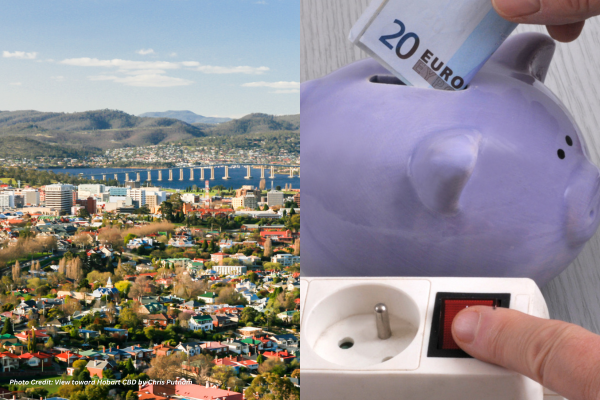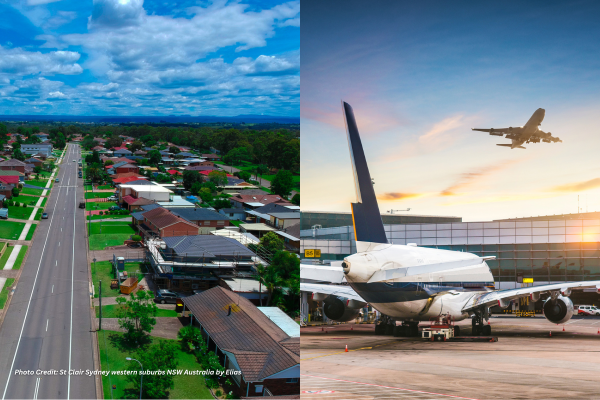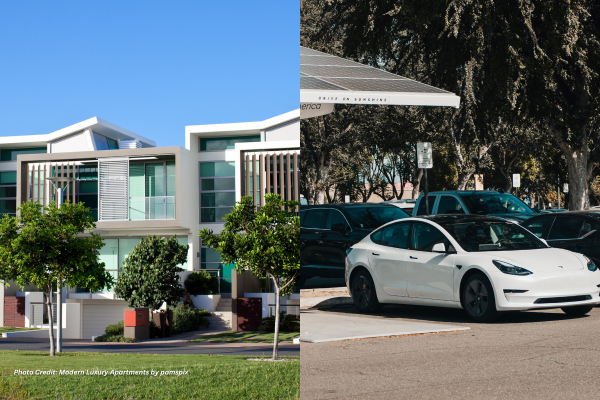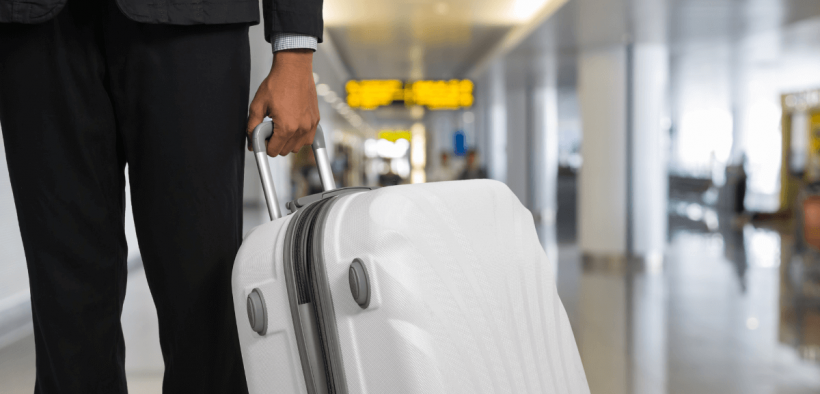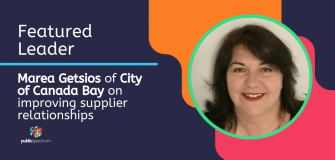Some Australian businesses are offering up to $5000 in cash bonuses to attract qualified workers. The unemployment rate currently sits at 3.5 per cent in June – the lowest level in 48 years – and there are 480,000 unfilled job vacancies across Australia.
On the other hand, the current visa application backlog is 961,016 across all categories with some 560,187 lodged by people outside Australia.
This includes 57,906 skilled workers seeking permanent visas. Another 13,806 offshore visa applicants are seeking temporary visas.
What this tells us is that skilled migration must be at the centre of efforts to solve Australia’s skills shortage and the economic implications that come with it.
As the federal government’s Jobs and Skills Summit looms, recent reports say that most Australians would rather see wage stability than increased migration.
But the two are not mutually exclusive and failing to address skills shortage will surely lead to businesses failing and more job losses.
The summit offers the opportunity to have this discussion and set some clear priorities
The new federal government’s announcement that the visa backlog will be tackled by first prioritising 60,000 permanent visa applications lodged by skilled workers based overseas is welcome.
It is also welcome news that the Department of Home Affairs has redirected resources and brought on more staff to address the visa gridlock.
Home Affairs and Immigration ministers Clare O’Neil and Andrew Giles have said the plan is to prioritise skilled applicants from offshore with a focus on health, education and aged care.
But the visa backlog has been described by commentators as “massive” and more work is needed.
The Australian Chamber of Commerce has called for the annual migration program to be expanded to 200,000 people as a way of securing Australia’s successful economic exit from the ravages of the COVID-19 pandemic.
We know businesses are desperately looking for workers and that labour shortages are a significant obstacle holding back the economy.
Ms O’Neil has described Australia’s immigration program as a “sacred nation-building exercise”.
She is right and that’s why it needs to be designed with care. While the economic implications of migration are important, we must ensure we don’t forget the humanitarian implications – families desperate to be reunited and refugees seeking safety from war or persecution.
These people can also contribute to the economy with the right support and incentives.
And we could better harness the skills and experience of migrants and refugees already here.
About 85 per cent of permanent migrants to Australia are of working age – 15 to 64 years – and almost all of them want a job.
Most want more than just a job – they want a career with genuine opportunities for advancement and professional fulfilment.
But unemployment rates for some groups of newcomers to Australia seeking work are higher than the national average which is currently just over 6 per cent.
For skilled migrants, it is seven per cent and for migrants who have come as part of a family reunion program, it is ten per cent. But for refugees, it is twenty per cent or more, depending on how you calculate it.
But we know that migrants eventually earn more and pay more tax when they get into work and they are much more likely to start businesses than native-born Australians.
So, there is a clear incentive to get migrants and refugees to participate in the economic life of Australia. And the federal government’s new agenda to make this happen is to be applauded.
We have all heard stories about the migrant brain surgeon driving a taxi or the refugee engineer painting houses. While we need taxi drivers and house painters, the hard-won skills of many migrants and refugees are going to waste.
But there are proven programs – some of which my organisation has delivered – that give migrants and refugees the capacity to resume their careers in skilled or professional jobs and the new government should consider these among the suite of measures aimed at propping up our economy.
AMES Australia’s Skilled Professional Migrant Program (SPMP) is designed to support professionally qualified migrants to find work in their field by providing employment readiness training and mentoring.
The SPMP offers an intensive introduction to the Australian job market and assists clients to develop a resume and interview skills appropriate for the Australian context, as well as providing opportunities for professional networking.
A recent evaluation of the program found almost 80 per cent of participants found work in their professional fields within six months of completing the course.
A survey we at AMES Australia carried out recently among migrant and refugee jobseekers found a lack of local work experience and a foreign-sounding name was among the barriers new arrivals to Australia face in finding work here.
It also found that migrants felt excluded by recruitment processes even though a majority of these jobseekers said they would take any job offered to them.
The survey found almost a third of these newly-arrived jobseekers believed that a lack of local experience was the biggest barrier to finding a job while almost a quarter cited English language proficiency
Twenty-one per cent said not securing an interview was the biggest barrier. Interestingly, in focus groups conducted as part of the survey, several respondents who cited ‘not getting an interview’ as a barrier said they believed having a foreign-sounding name was a factor in this.
A massive 89 per cent of respondents said recruitment processes did not give employers an understanding of the jobseeker’s abilities; and, 65 per cent of these jobseekers had applied for more than 100 jobs since arriving in Australia.
So, why should we want to do something about this?
Apart from giving migrants and refugees opportunities to build their lives, we at AMES Australia believe that better utilisation of the skills of migrants and refugees means a stronger economy.
The International Monetary Fund calculates that investment in supporting refugees brings a return of more than 1.8 times the initial investment within five years.
My own organisation produced some modelling that shows that a small investment in assisting an extra 25 per cent of refugee households to find work in their first year in Australia would deliver the federal government a net saving of $82 million a year in welfare costs and extra tax paid.
The summit will bring together unions, employers, civil society groups and representatives of governments and migration policy will inevitably be a key discussion point.
This will also be an important opportunity to deliver a narrative about how important migration has been and still is, to Australia and its economic and social success.
Australia’s permanent migration program was capped at 160,000 per year under the previous federal government.
And the impact of the pandemic saw this fall into negative territory for the first time since World War II.
The reopening of the international borders in December, last year, has seen a gradual recovery of migrant and refugee numbers, but businesses are still waiting months to bring in staff to fill skill shortages.
The end of the pandemic, a new government in Canberra and a historically low unemployment rate give Australia an opportunity to reimagine and reinvent migration policy.
We certainly need to address short skills shortages through migration. But we also need to construct migration architecture that sees people settle permanently, feel welcomed and supported; and encourages them to make emotional investments in Australia.
We need to be wary of thinking that migration can solve some of the other issues we face in trying to build a bigger, more productive and more highly skilled workforce.
Along with migration, the jobs summit needs to focus on skills training and particularly the skills that will be needed in a new increasingly creative, digital and renewable future.
Finally, we need to sell migration as the vital “nation building” exercise that Minister O’Neil so rightly says it is; or risk inflaming xenophobia the globally unparalleled levels of social cohesion we enjoy in our rich, multicultural society.
Catherine provides leadership in strategic direction, planning and management of all AMES Australia operations to achieve the objectives established by the Board.


































